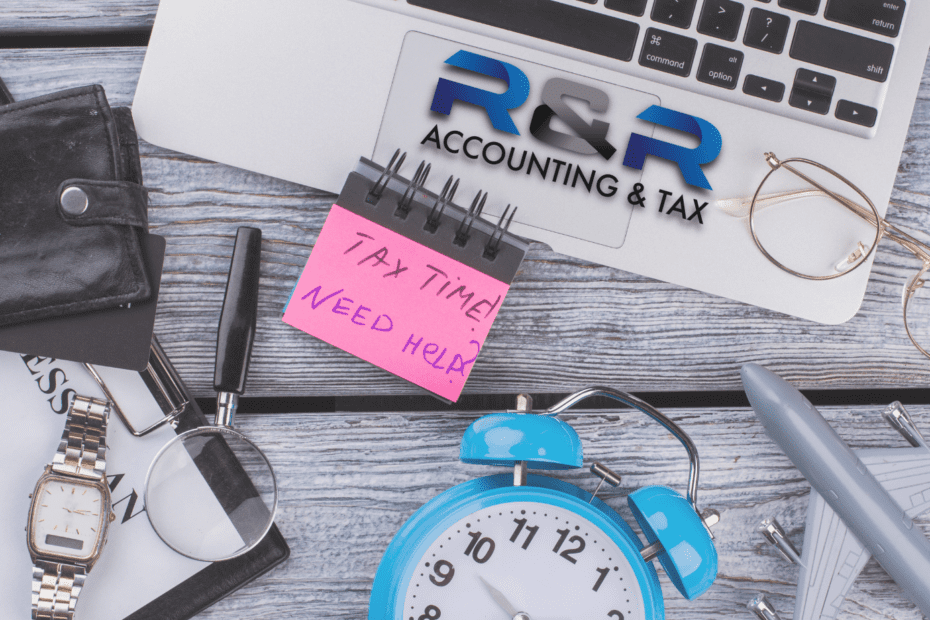Individual and C-Corporation tax returns are due Monday April 18th, 2022 (as the normal deadline of the 15th falls on the Emancipation Day holiday in the District of Columbia).
Most tax professionals are already working on a backlog of taxpayer information that has flooded their offices in the last few days, so don’t be surprised if your tax return will need an extension if you have not already taken in or dropped off complete information. If you have not yet gathered/received all of your information, or you’ve brought it too late for your professional to finalize it before April 18th, an extension will allow you to file without late filing penalties until the extended deadline of Monday October 17th, 2022.
While the extension will allow you to file later, it does not allow you to pay later. You’ll want to ensure that you make a payment with your extension if you expect to owe taxes for 2021, to avoid late paying penalties. Your tax professional should do a rough calculation with the information that you do have and advise you on an amount to pay.
Additionally, if you are self employed or do not have enough federal withholding from your wages and need to make estimated tax payments, the First estimated payment for 2022 is also due on April 18th, 2022.
This office recommends making your payments to the IRS (for extensions, estimates, or a balance due) electronically, so that you receive a confirmation of the payment right away. Payments can be made on the EFTPS website if you already have a personal account set up (do not use your business account where you do payroll taxes unless you are a C-corporation!), but all other taxpayers can make a payment directly on the IRS website. To avoid fees, use your bank account and routing number and choose direct pay. You’ll want a prior year tax return to verify who you are, and for the first person listed on that tax return to make the payment if you file a joint return. Choose which year the payment is for, and if it is an extension payment for 2021, estimated payment for 2022, or your return is done and it’s a balance due payment for 2021. Make sure to print a copy of the confirmation for your records, and get a copy to your tax professional.
If you were eligible and did not receive the 3rd stimulus payment, you may be eligible to claim the Recovery Rebate Credit on your tax return for 2021. Do not include any information from the first or second economic stimulus payments (as both of those are reported on the 2020 tax return). The Recovery Rebate Credit will first decrease any tax due on your 2021 tax return, with an excess added to your tax refund.
If you are eligible for a refund, there may be a delay in your refund with the Recovery Rebate Credit on your 2021 tax return. The IRS has cautioned that it could take up to 120 days if you have certain credits on your tax return (including the Recovery Rebate Credit, the Additional Child Tax Credit, and the Earned Income Tax Credit)- while the average for other refunds is typically 21 days.

